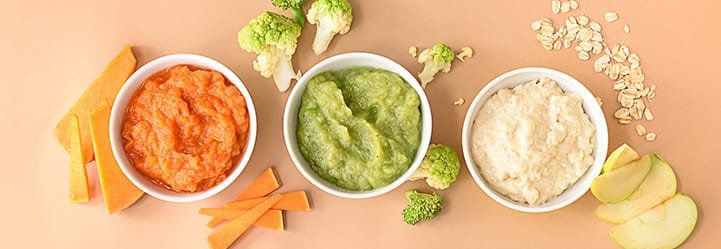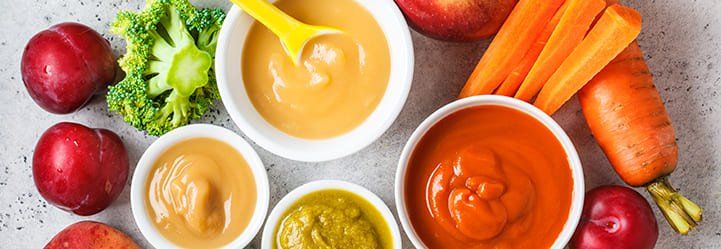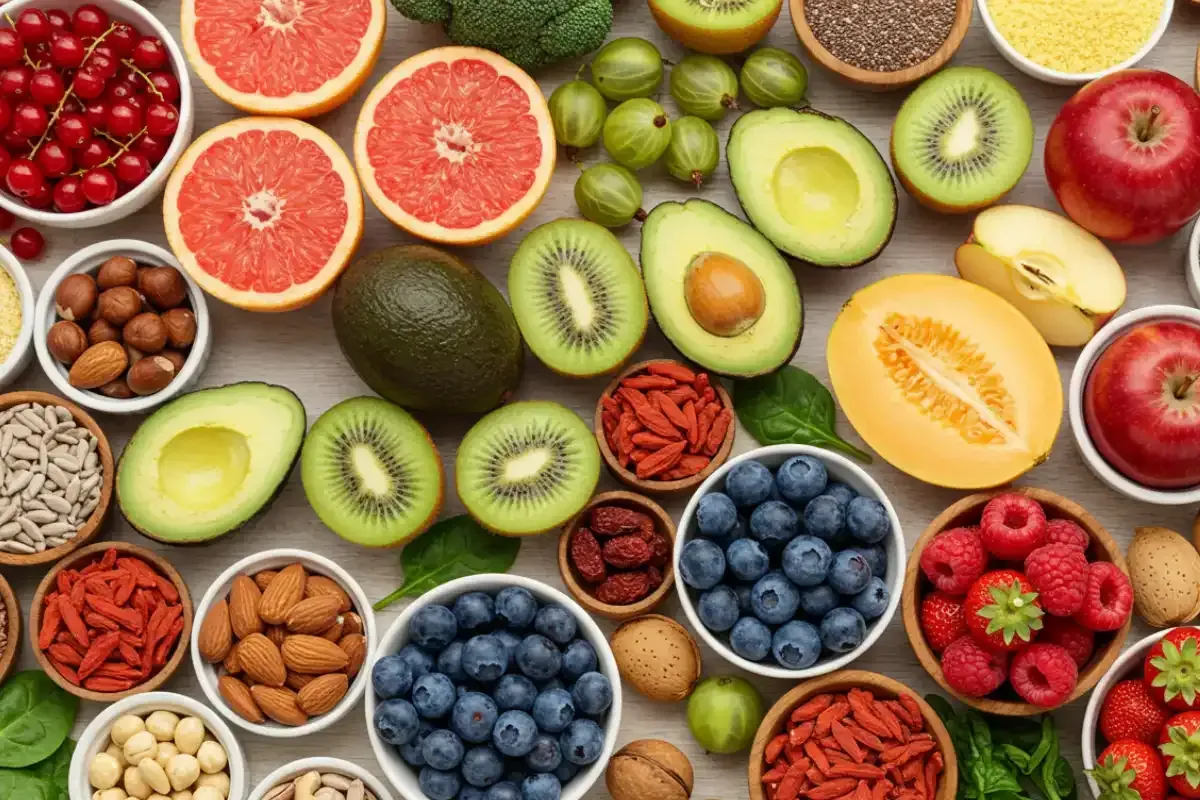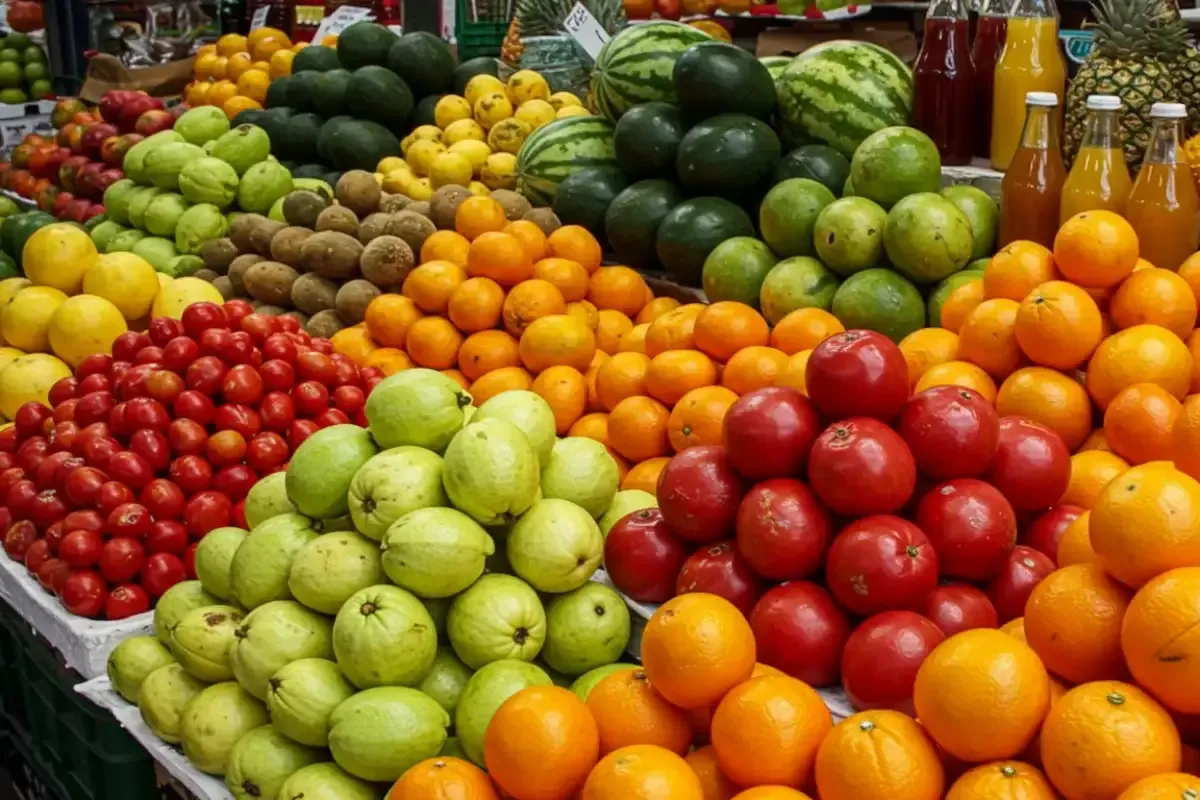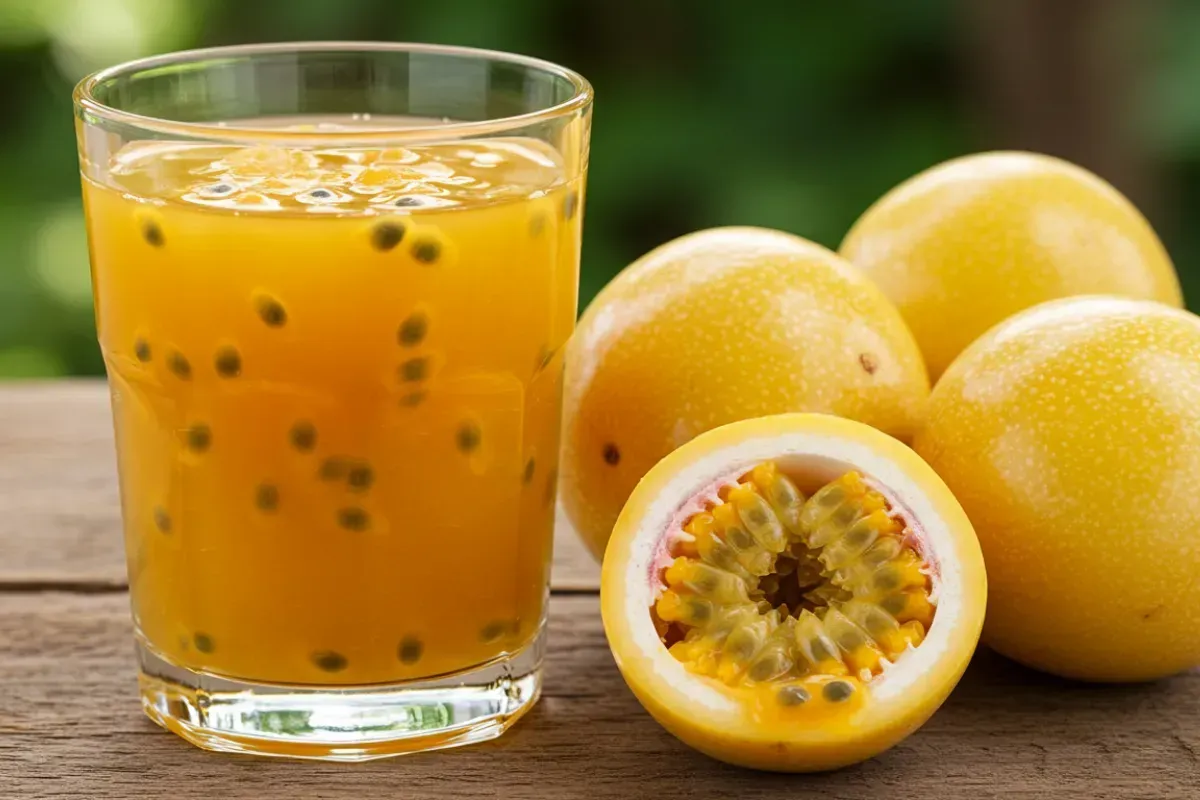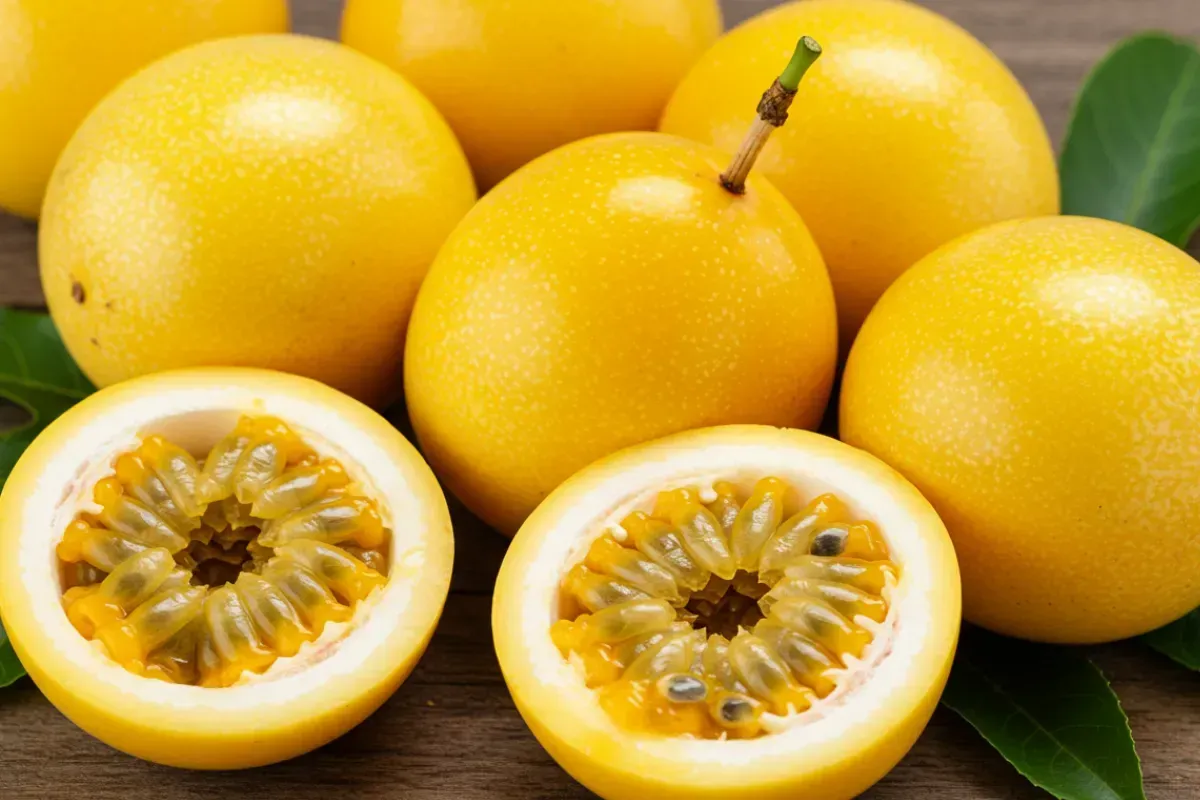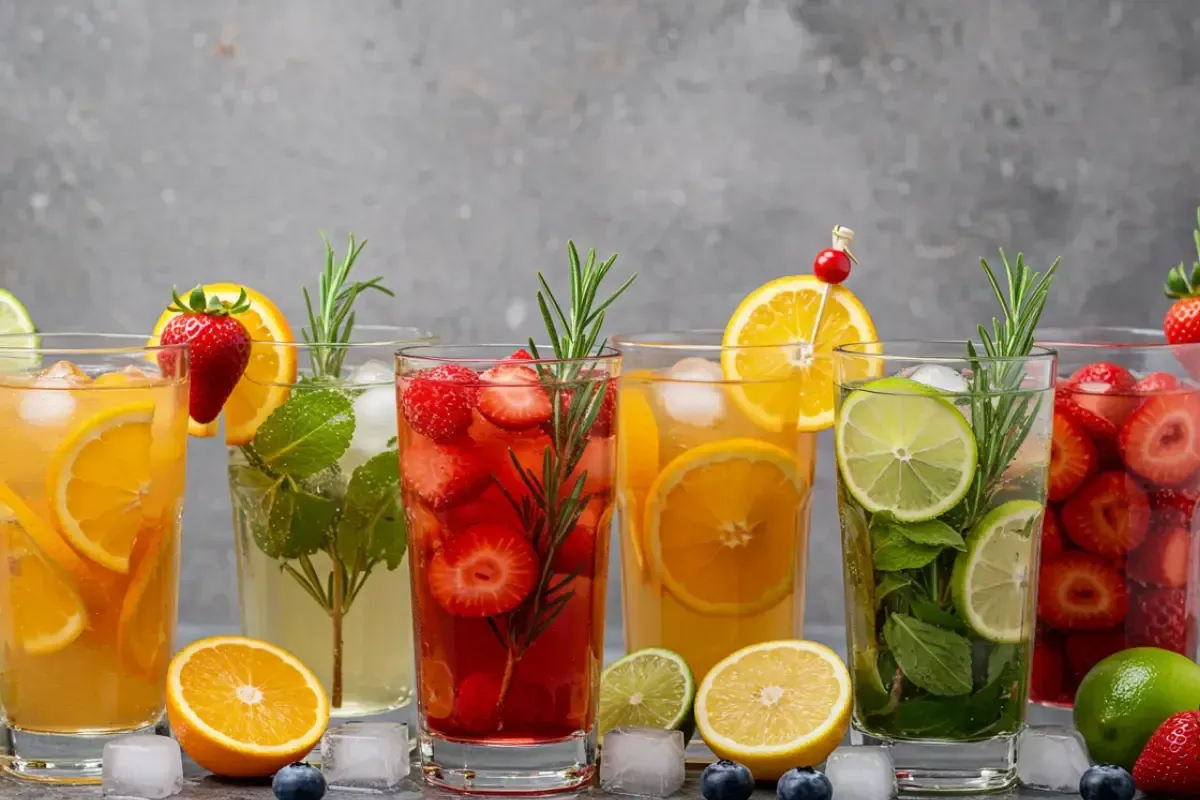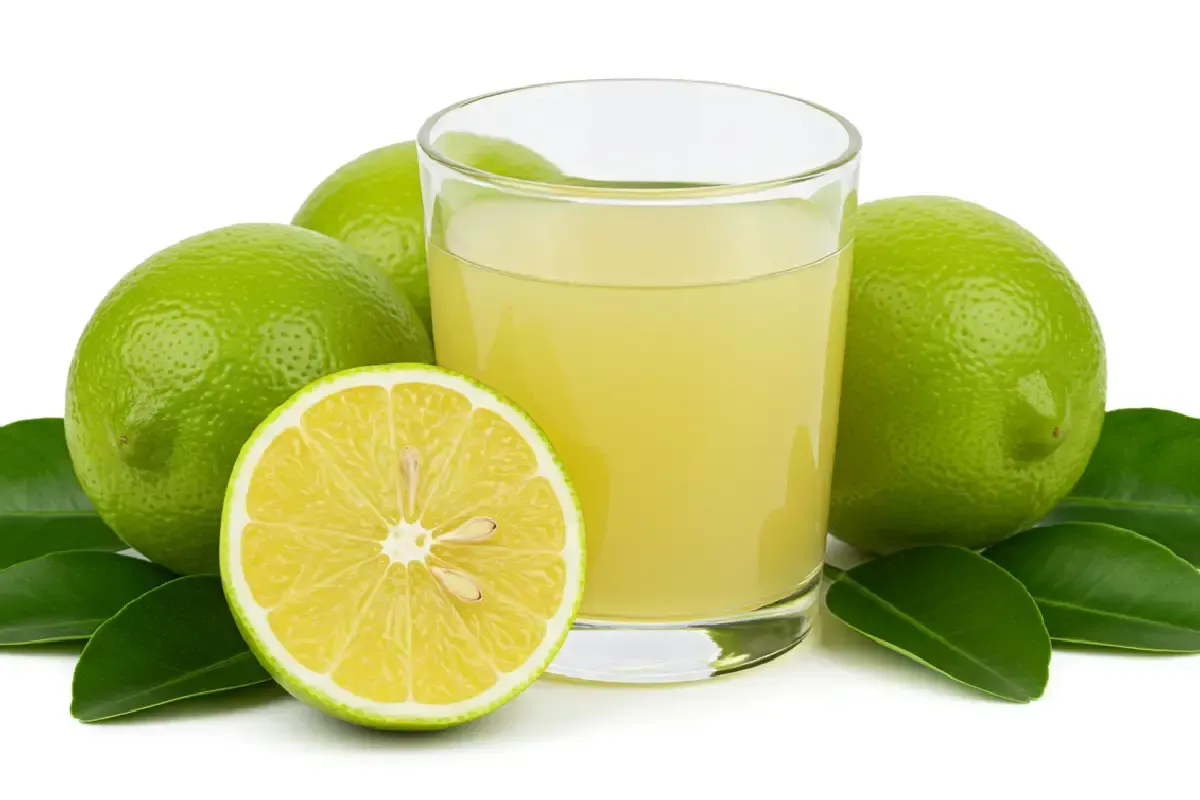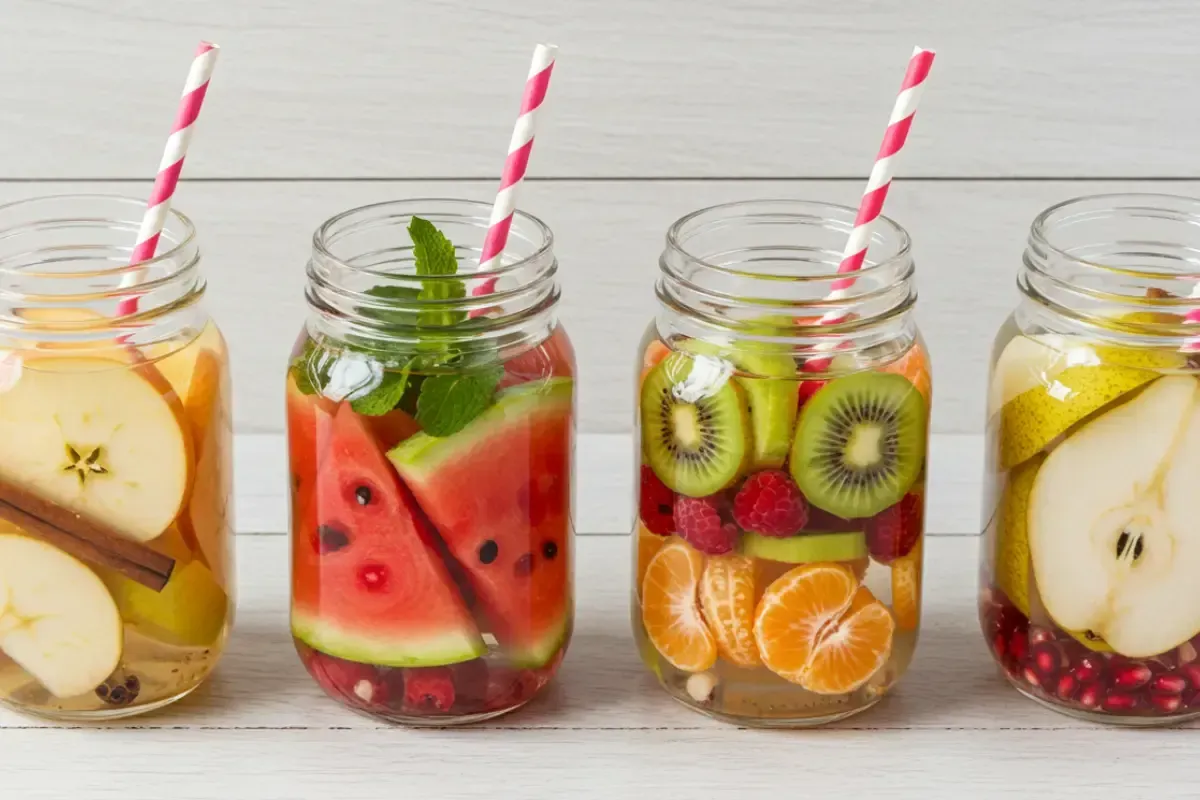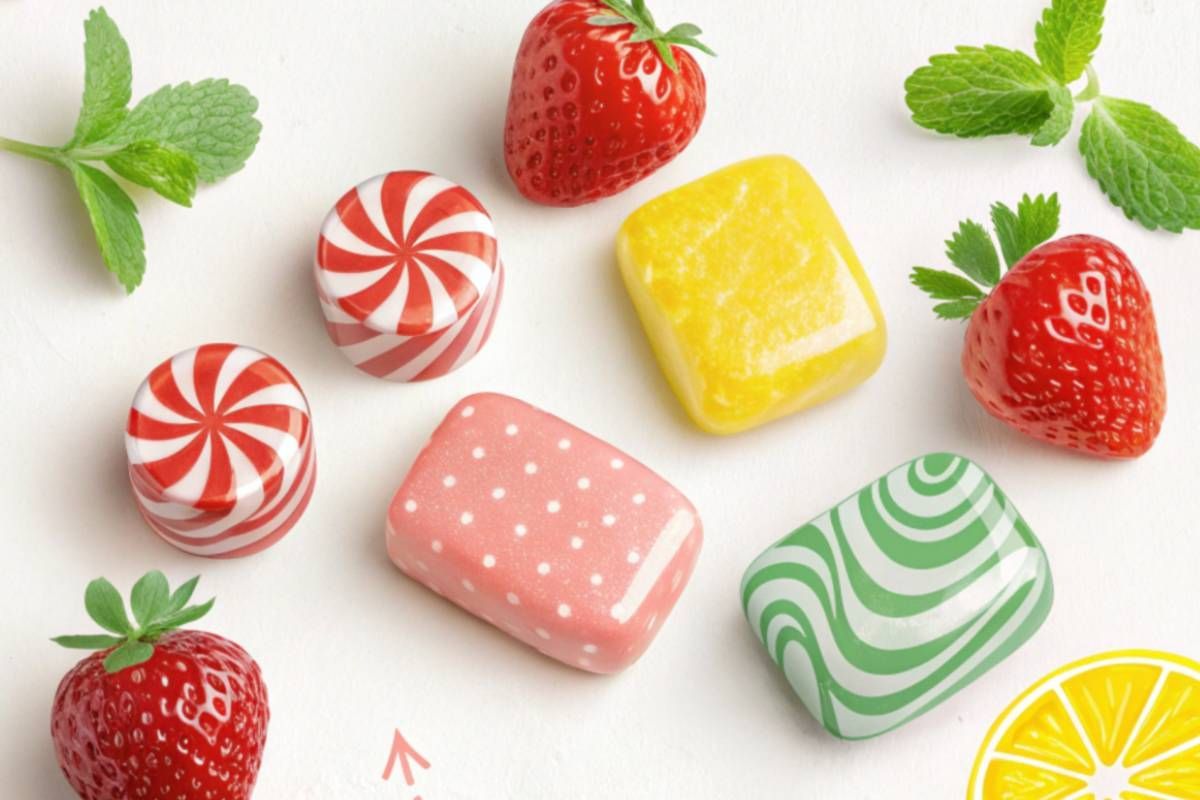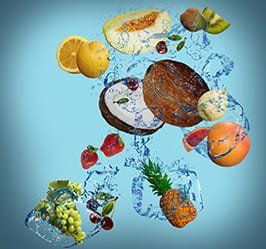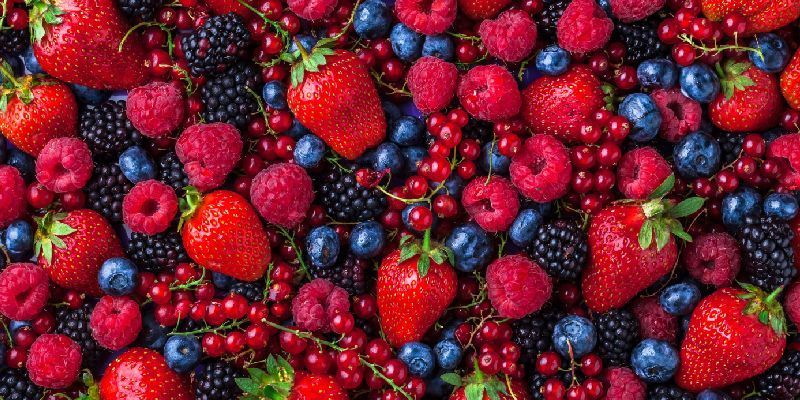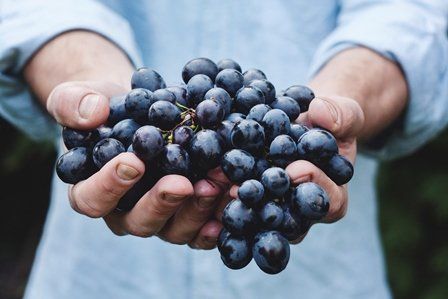Natural preservatives: make them using vegetable and fruit purees
Alimentos SAS • Sep 22, 2021
One of the main concerns for food producers is keeping their products fresh and suitable for consumption. Natural preservatives play a pivotal role in achieving this purpose as a healthier option to artificial preservatives. We tell you what they are, what they can do, and how to make them from vegetable and fruit purees.
Preserving food
Food preservation refers to processes that retain food’s natural characteristics and extend its shelf life (Allied Market Research, 2019). How? By combating spoilage, which is usually caused by microorganisms such as bacteria, yeasts, and mold growing in food (University of California, n.d.).
By doing so, food preservation helps to keep food fresh for an allocated time for consumption. Additionally, it contributes to fighting off a byproduct of the global food cycle: food waste (Lovejoy, 2019).
Humanity has developed multiple ways to maintain food quality for as long as possible. As a result, consumers can enjoy preserved goods like dried meat, pickled vegetables, frozen fruits, and jellies.
The modern food industry has implemented additional techniques to make products last longer, including adding artificial preservatives. These chemical compounds create an adverse environment for microorganisms that lead to spoilage. The most common ones are benzoates, nitrates, sulfites, and sorbic acid (Kingsley, 2016).
However, these compounds have been linked to health problems. That is why consumers have grown interested in food products with natural preservatives instead of artificial ones.
Natural preservatives 101
Simply put, any safe, non-synthetic compound derived from natural sources that delays food spoilage is a natural preservative (Kingsley, 2016). Producers use them to enhance the shelf life of baked goods, snacks, confectionery, meat, poultry, and seafood, among many other products (Allied Market Research, 2019).
Natural preservatives can be made from animals, plants, and microbes. The most used ones include citrus oils, citric acid, rosemary extract, grape seed extract, buffered vinegar, and neem oil. Whatever the source, they must be safe, stable, and not disturb food’s flavor and palatability (Kingsley, 2016).
Fruit and vegetable preservatives
Fresh produce is ideal for making natural preservatives. It comes as no surprise that, in recent years, researchers have developed innovative plant-based preservatives.
Scientists at Singapore’s Nanyang Technological University have harnessed the anti-microbial and antioxidant properties of flavonoids – a naturally occurring substance in almost all fruits and vegetables. These chemicals defend plants against pests, pathogens, herbivores, and even environmental stress. They are also responsible for their vivid colors (Nanyang Technological University, 2018).
This organic preservative is entirely natural and more effective than artificial ones. Moreover, it allows food to forego any further processing to stay fresh (Nanyang Technological University, 2018).
Fruit puree can be used for more than just a cake filling or an ingredient in different types of pastry. Fruit can help control some factors limiting food’s shelf life, like oxidation, microbial spoilage, staling, color or flavor degradations, moisture change, and loss of nutrients (Pelofske, 2014).
Specifically, using fruit puree (as well as fruit juice and concentrate) in food production can help control water activity in edible goods by binding free water and lowering moisture. It also contributes to managing their pH levels. Furthermore, fruit ingredients enhance products by adding color, acid, sweetness, and overall flavor (Pelofske, 2014).
The natural preservatives market
The market of natural food preservatives was valued at 796 million USD in 2018. Projections show it will reach 1,068 million USD by 2026, with a Compound Annual Growth Rate (CAGR) of 3.7%. North America is one of its most prominent regions, accounting for two-fifths of the total market share as of 2018 (Allied Market Research, 2019).
What drives the natural preservatives market? Essentially, consumer preferences (Allied Market Research, 2019. Lovejoy, 2019):
- Increased demand for convenience products, which leads to increased demand for food goods with longer shelf life.
- Rising consumption of ready-to-eat products.
- The growing interest in consuming clean label products, tending to health concerns.
Nowadays, food companies can extend the quality of their products by using preservatives from natural sources, instead of man-made, synthetic ones. This trend answers health-driven consumers’ demands and expectations and opens new opportunities for food industry players to innovate and stand out.

